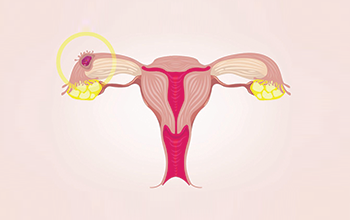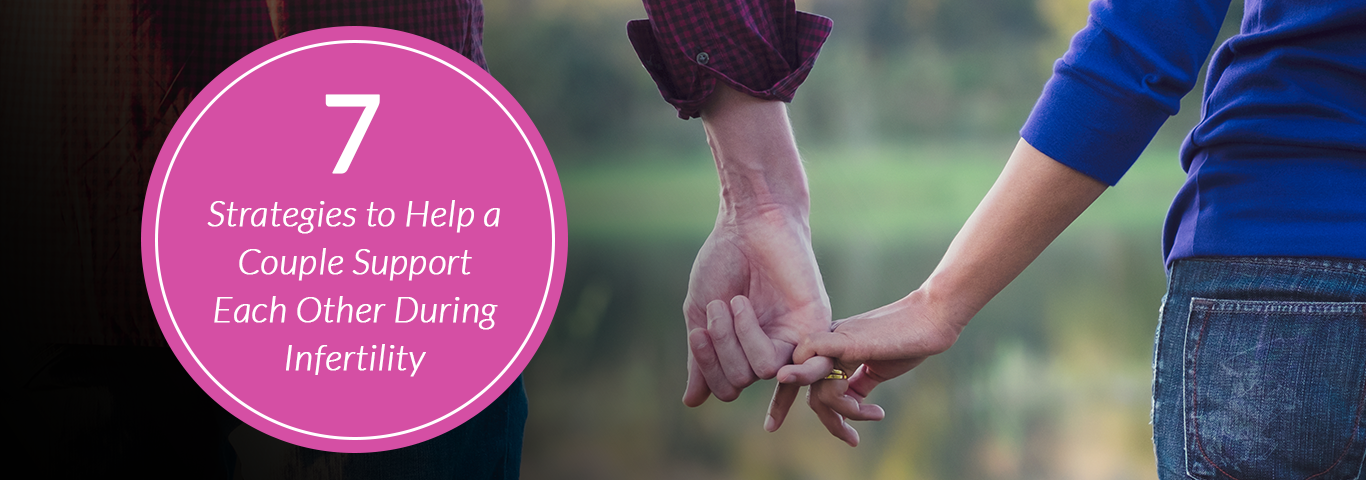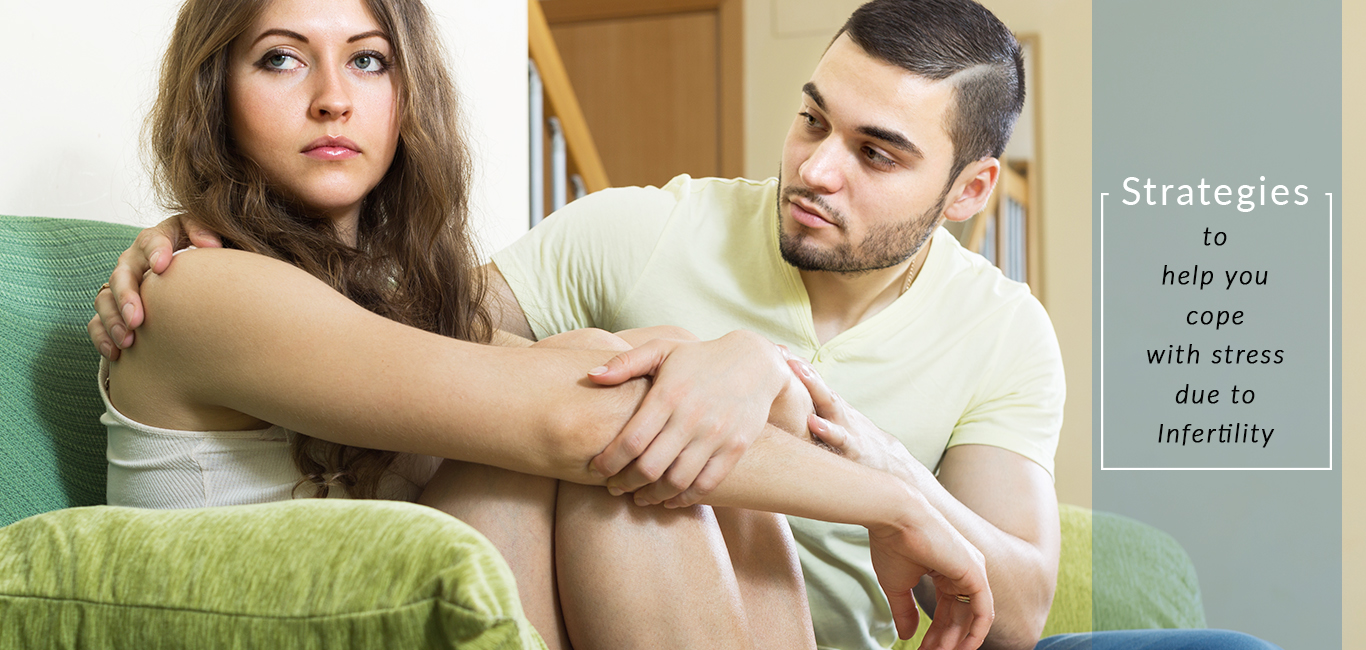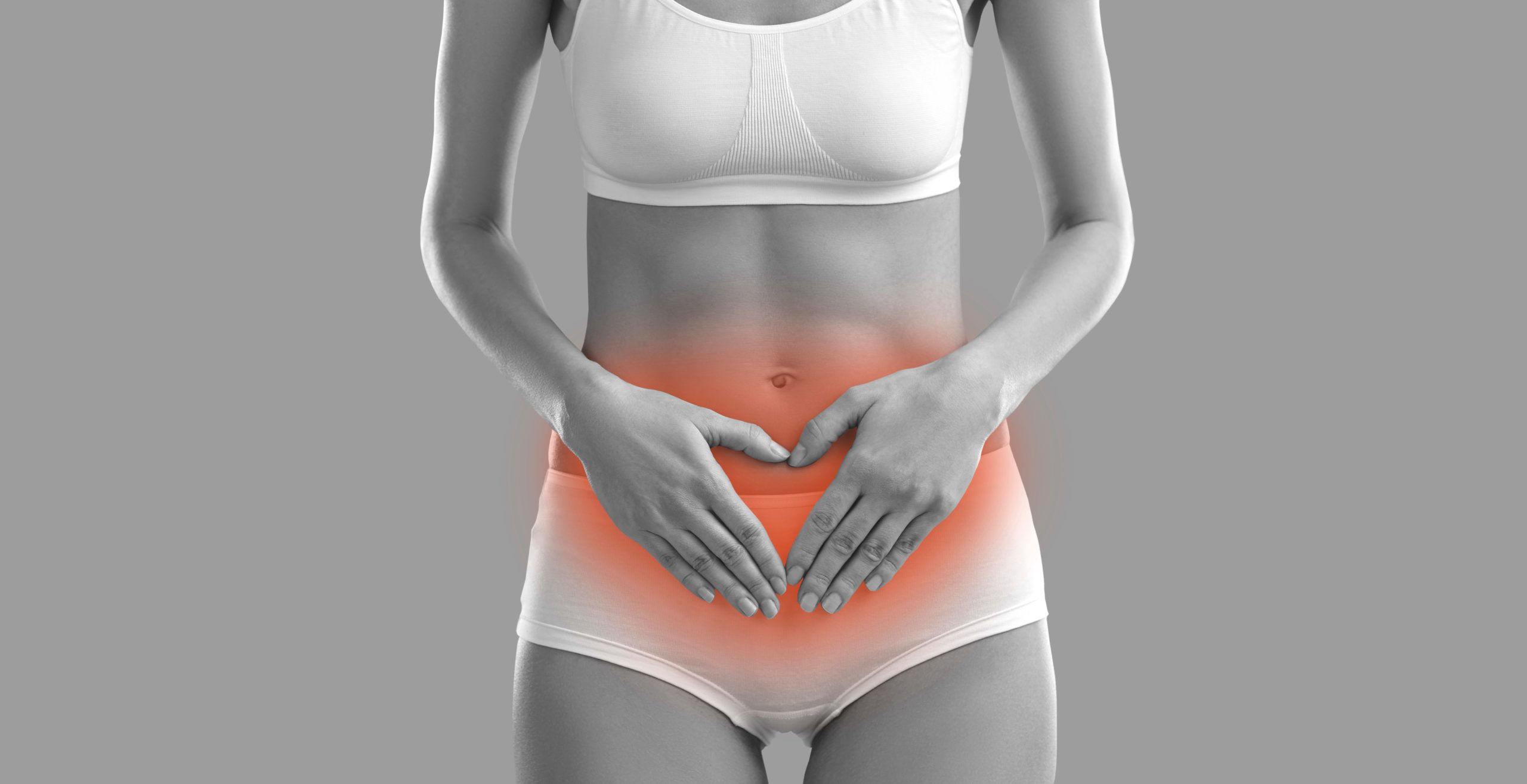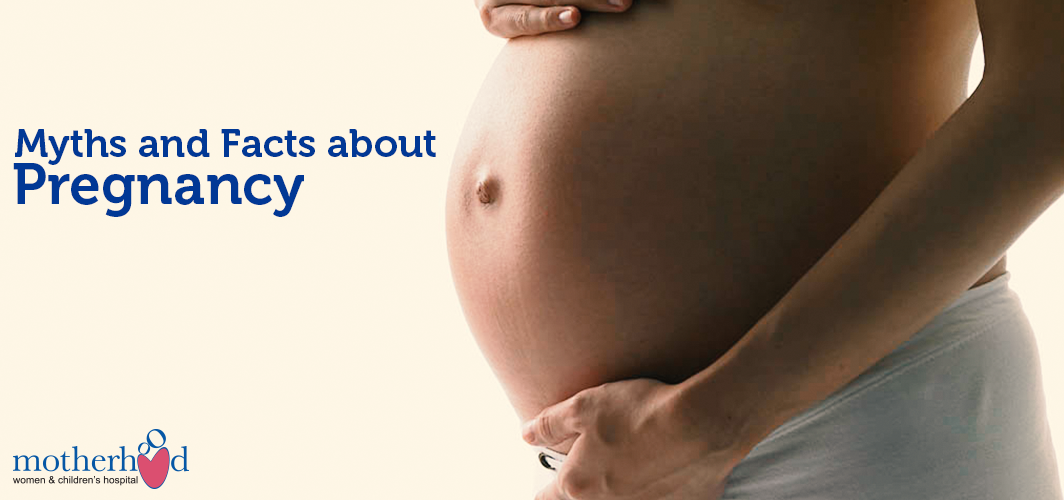What is PCOS or PCOD?
Polycystic ovary syndrome (sometimes sadly referred to as disease) is a problem in which a woman’s hormones are out of balance. It can cause problems with one??s periods and make it difficult to get pregnant. PCOS also may cause unwanted changes in the way you look. If it isn’t treated, over time it can lead to serious health problems, such as diabetes, heart disease and even cancers!
Most women with PCOS grow many small cysts on their ovaries. That is why it is called polycystic ovary syndrome. The cysts themselves are not harmful, but lead to hormone imbalances.
Did you know that symptoms of PCOS persist even when both the ovaries are removed?
The root cause of the problem is the brain, the hormone regulation centre at hypothalamus, with involvement of multiple organs (Multi-system disease).
Some of the symptoms
- Acne.
- Weight gain and trouble losing weight.
- Extra hair on the face and body. Often women get thicker and darker facial hair and more hair on the chest, belly, and back.
- Thinning hair on the scalp.
- Irregular periods. Often women with PCOS have fewer than nine periods a year. Some women have no periods. Others have very heavy bleeding.
- Fertility problems. Many women who have PCOS have trouble getting pregnant (infertility).
- Depression.
As if it was not bad enough, it increases your chances of developing a big disease later on in life, like full-blown diabetes, autoimmune thyroid disease and even cancers. Today I want to spread the awareness about Bio-cycle study. You can read the whole study in the oxford journal but the conclusion is here: If you have a hormonal imbalance in your 20s or 30s,( like pcos, irregular painful periods, or even something as small as PMS, it significantly increases your chances of developing a big disease of inflammation in the later life(40,s and 50,s) like diabetes, autoimmune thyroid disease and some form of cancers!
The BioCycle Study – Influence of Endogenous Reproductive Hormones on F2-Isoprostane Levels in Premenopausal Women.
The Treatment
The western medicine today, deals with identifying and treating the symptoms around PCOS. But these spot treatment are at best described as bind-aid solutions to a much deeper problem that gets worse not only due to the ignorance of the root cause but also as side-effects of these symptomatic treatments over long periods of time.
If you have been diagnosed with PCOS, chances are you have been prescribed to Birth Control Pills or OC??s (oral contraceptives) for regularising hormone cycles and hence periods and metformin for elevated blood sugars or pre/diabetic conditions. All in an attempt to masking the symptoms BUT they come back in a worse form once synthetic hormones are stopped.
Lets have a look at these two so that you can get to the root of the problem and avoid potential side effects of these.
Birth Control Pill
What it does:
The synthetic hormones in the birth control mask your natural hormonal patterns to prevent ovulation from happening, and therefore prevent pregnancy. The menstrual period you experience on the pill is not an acutal period, but rather a ??break-through bleed? that occurs from the drop in estrogen. So even though it might be regulating your cycle, once you get off the pill chances are your period will return to the same state is was before and mostly it gets even worse.
Side effects:
Off the several side-effects, one side effect most relevant to PCOS is that it increases testosterone uptake, which can make your androgenic symptoms worse. This means if you??re experiencing hirsutism (hair growth in unwanted places), head-hair loss, or acne, it could potentially get worse with the pill.
Alternative solutions:
Re-establish your monthly ovulation and menstruation through restoring key micronutrients and helping your body to eliminate excess estrogen or other hormones that could be impeding your natural flow. Addressing adrenal fatigue and thyroid issues is also key here. And the great news is – all of these can be achieved via our program.
Metformin (Glucophage)
What it does:
Metformin helps with blood sugar and insulin management by suppressing glucose production by the liver. It??s commonly used for diabetes and PCOS with insulin resistance.
Side effects:
In a recent study, metformin was found to cause an impairment mental cognition. It??s more commonly known to cause serious digestive issues like gas, bloating, diarrhea, constipation, and more uncomfortable symptoms.
Alternative solutions:
Address your blood sugar balance through your diet and key supplements as I teach you in the program.
Not only they do not help, they damage your body in the long run!
If you are diagnosed with PCOS and you have been offered a prescription of birth control pills & synthetic hormones, PLEASE STOP!
The advice to lose weight & exercise more does not completely work either. They say that you should lose weight to be healthy but I say that you should be healthy to lose weight. I am sure you can relate to that. I am not here to criticize any system, and each kind of treatment has its own role.
Conclusion
Very often you??ll be told that the only thing you can do is take a pill, but I hope this article has opened your eyes to other possibilities and helped give you your power back when it comes to making informed decisions about treating your PCOS symptoms.
There is no quick fix to treating PCOS. It is a systemic issues that needs to be managed through diet and lifestyle and holistic approach
If you??re ready to get to the bottom of your hormonal imbalances once and for all, let me help you. Your body CAN work for you .Stop suffering. Start feeling good all month long.
My thoughts
I believe it is my responsibility to share what I??ve learnt so that you and many others are not held back by PCOS & hormone imbalances, but rather use it as a way to improve your lives. I want to empower you.
I want you to be the captain of your own ship because I know that if we take the necessary steps, we can improve not only our own lives, but those of our family, community & the world at large.
??The journey of a thousand miles begins with a single step??
I will be glad if you choose to take that first step with me.
Wishing you health & happiness!
Content Credits Dr. Disha Sridhar


 Toll Free Number
Toll Free Number







